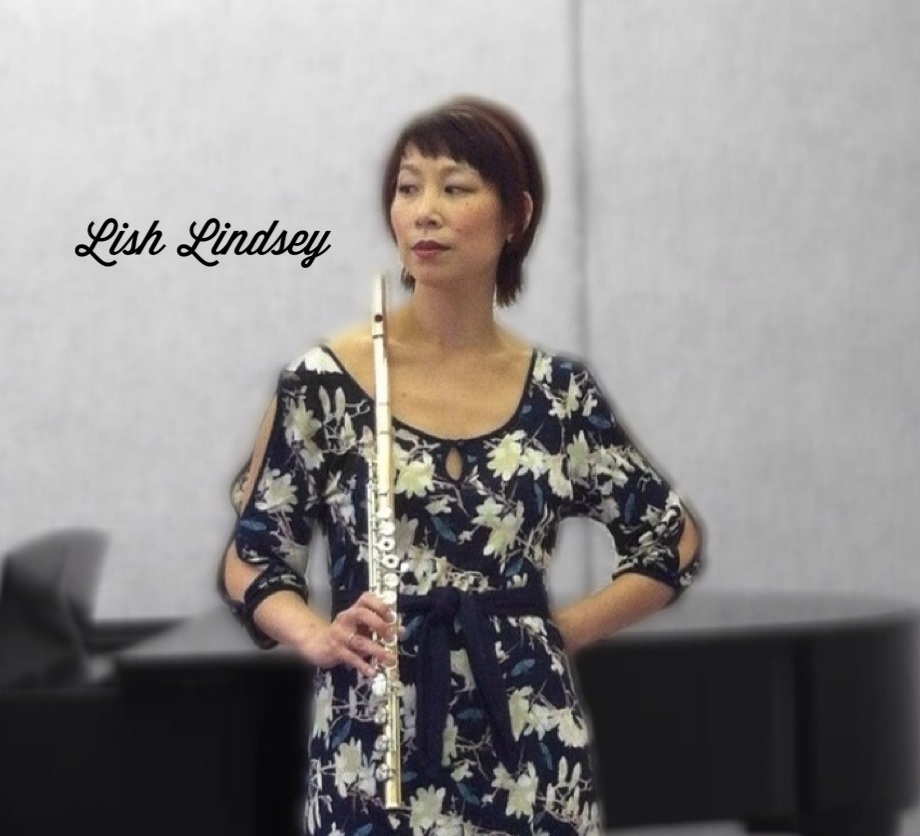Beginning Flute Tips
This post was written by Lish Lindsey, a talented flute teacher who plays flute (C, alto and bass) with TwtrSymphony and serves as the piccoloist with the Eastern Wind Symphony, a professional level wind ensemble based in New Jersey. She also maintains the popular YouTube Flute Toot-orial project, which is an excellent resource for flutists (or flautists) of all levels. You can learn more about Lish and how she made it to Carnegie Hall here.
Studying the flute can offer many rewards and provide a lifetime of joy. Here are five quick tips to get the most out of your new adventure:
1. Headjoint Hang
A beautiful, resonant flute tone is the reward for all of your diligent practicing, so hanging out with just your headjoint can help you achieve that sound. Try creating a consistent tone with as much fullness as possible. You may vary the register by playing with the open end of the tube covered carefully with the palm of your hand for a very low sound. Work towards higher sounds then switch back and forth from low to high. Lip flexibility and air direction/speed are key.
2. Go Slow
As you begin to learn new fingerings, avoid confusion by moving from one familiar note to a second, less familiar, one. As you master two notes, move on to three. Some fingerings are easier than others, so create simple exercises that ascend and descend slowly. When the combinations feel easy and your coordination is less clumsy, then pick up the tempo.
3. Repetition, Repetition
When you are learning a new exercise or song, don’t forget that repetition builds fluidity, speed, and confidence. Change it up by utilizing different articulations, like tonguing or slurring, and a combination of both.
4. Play Everyday
Take time to meet with your flute daily. Practicing in shorter, yet highly focused sittings is often more productive than a couple lengthy, catch-up/cram sessions right before your lesson. Your flute will feel familiar, your brain and fingers will be much happier, and hopefully your flute teacher will notice and appreciate the time you dedicated to learning new material.
5. Beyond the Book
If you’ve been inspired to learn the flute because you love music or just want to play a specific melody (classical, jazz, pop, musical, movie, video games), keep your eye on the prize and start to look beyond the lesson book you’re working with. You will soon have enough skills to play whatever you desire and your teacher can help you find the melodies that you love.
Do you have any good beginner flute tips or questions about learning the flute? Tweet us @lessonface or Lish at @flutist.

Related:




